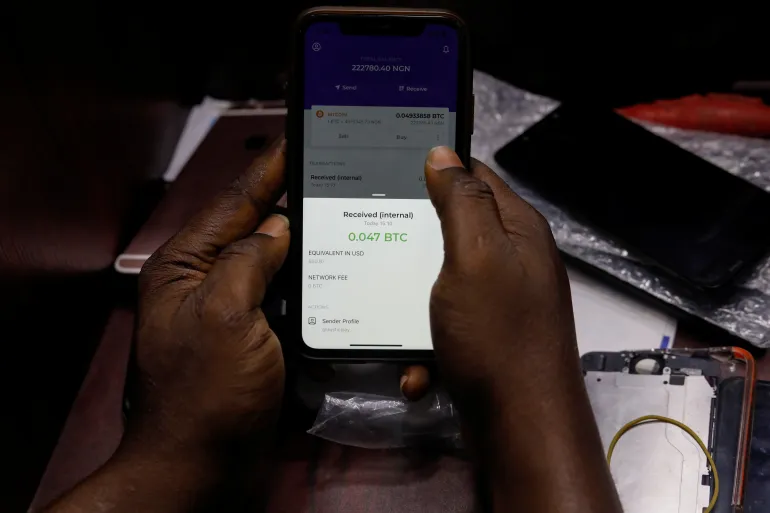At the Obafemi Awolowo University campus today, The Open Technology Movement’s one-month hackathon will begin by 11am. The event, open to developers, entrepreneurs and techies both in OAU and across Nigeria, is supposed to, above all, improve and increase the role of Nigerian students in the country’s tech scene.
A short interview with Paradigm Initiative’s Gbenga Sesan highlights the main reasons why you should be interested in the hackathon.
What impact do you foresee the Hackathon having on the Nigerian tech ecosystem, especially the involvement of students?
Hack-a-thons are innovation laboratories. The fact that students are beginning to self-organize is a very strong signal that says to the ecosystem: we won’t wait for handouts; we’ll build value and hope it gets your attention enough for you to gravitate towards it. Before now, with the dearth of quality education and lack of motivation for academic/research rigor, our campuses were mostly useful for making friends. With activities like the month-long hack-a-thon, the campus would become more of what it should be – the bedrock of innovation. This is a huge gain for the ecosystem, a handshake between gown and town, and welcome link between the classroom and the workplace.
What does the Hackathon signify for the future of technology in Nigeria?
With self-organized groups of students challenging themselves to be better, and actually building tech products that could end up in the market with businesses built around them, the Nigerian tech ecosystem gets a new generation of young people who start early, before hunger — for food, instead of value — becomes the main motivation. With this “fresh supply” comes improved standards and game-changing competition. Before the anything-is-possible attitude of young students is lost to any-pay-is-acceptable bug, hack-a-thons provide an environment for these students to turn ideas into possible multi-billion naira businesses. This hack-a-thon signifies a future led by tech self-starters, and not a group of spoiled young people who think the world owes them a fix even for their invalid excuses.
Universities should be the bedrock of innovation, since they are where students spend their formative and creative years. But with education in Nigeria being what it is now, students need strong sources of motivation and support. The lead representative of The Open Technology Movement mentioned that PIN had been a steady source of support. How has PIN supported their cause thus far?
When the team lead, Yinka, contacted us for possible support, it was an easy sell. We run Techie.Entrepreneurial.Nigerian.Talented (TENT) that has a very strong focus on tertiary institutions, with regional workshops, the annual TENT Gathering and in-school programs (including one in Ife, where the group will host their hack-a-thon), so we are supporting the idea as a natural extension of our TENT project. Our support is not just in cash, but in also reaching out to the support network needed to turn the hack-a-thon into a process that will throw more innovative business ideas into the ecosystem, with adequate (wo)manpower to follow through. We’ll do all we can to help bring attention to the excellent self-organized work, to encourage more of such, and we’re glad to have partners in the Lagos Angel Network so that the pitch session at the end of the month-long hack-a-thon will enjoy investor feedback, and maybe even start possible investment relationships.
The hackathon is on-going now, and we will keep you updated.














